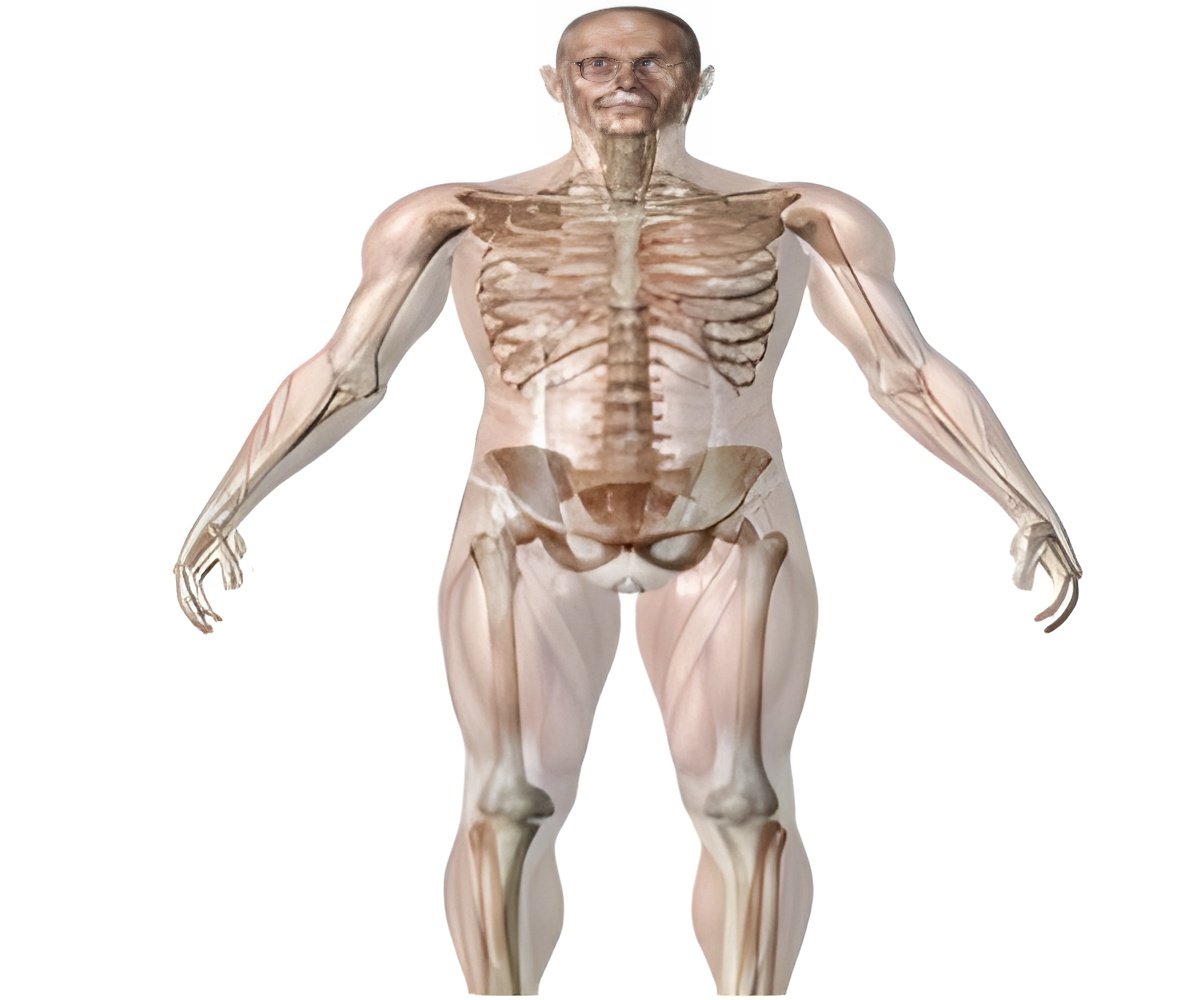
‘In adults, glucocorticoids have negative effects in the muscles, for instance, they cause atrophy and insulin resistance.’
Tweet it Now
Malnutrition and stress affect muscle development. Scientists propose that malnutrition and stress are two major environmental factors that affect foetal growth. Interestingly, these two factors expose the foetus to high levels of cortisol, an endogenous glucocorticoid, which is a class of stress steroid hormone. "Lack of proper nutrition, a form of stress, in an expectant woman raises the levels of cortisol in her blood," said Fiorotto, who also is director of the Mouse Metabolic Research Unit at the USDA/ARS Children's Nutrition Research Center at Baylor and Texas Children's Hospital.
"We wanted to know whether it was the lack of proper nutrition during pregnancy itself or the exposure to the associated increases in the levels of glucocorticoids that affected fetal growth. In adults, glucocorticoids have negative effects in the muscles, for instance, they cause atrophy and insulin resistance.
Why would the newborn be any different?" The health of future generations starts with the health of the mother.
Source-ANI














